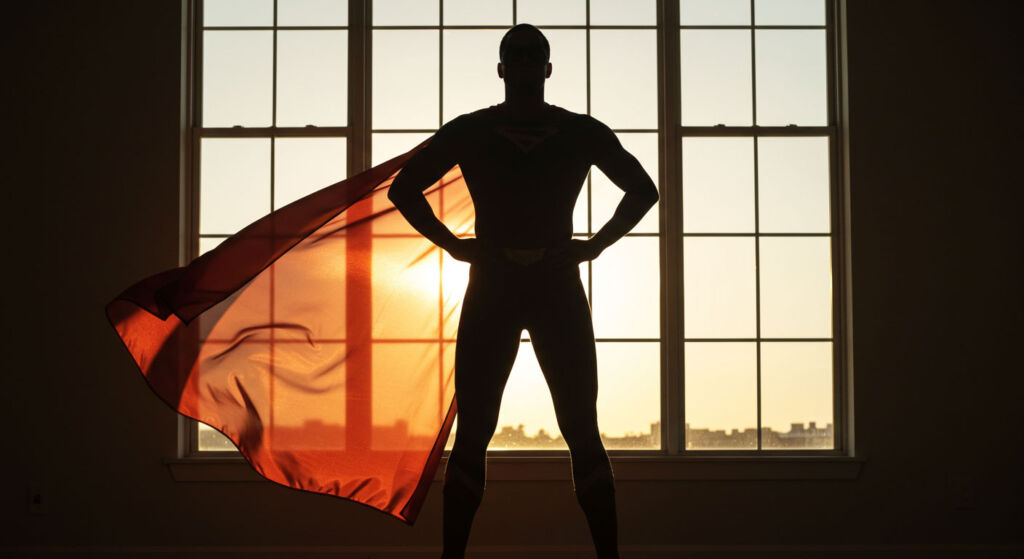
Being a father is one of life’s most significant roles, but it can also be one of the most daunting, especially if you’ve never had a positive role model to emulate.
For many men, the absence of a father figure growing up can lead to uncertainties about how to guide, support, and inspire their own children. The challenge becomes even more pronounced for fathers facing additional hurdles, such as those who have been incarcerated, experienced trauma, or lacked access to tools and support.
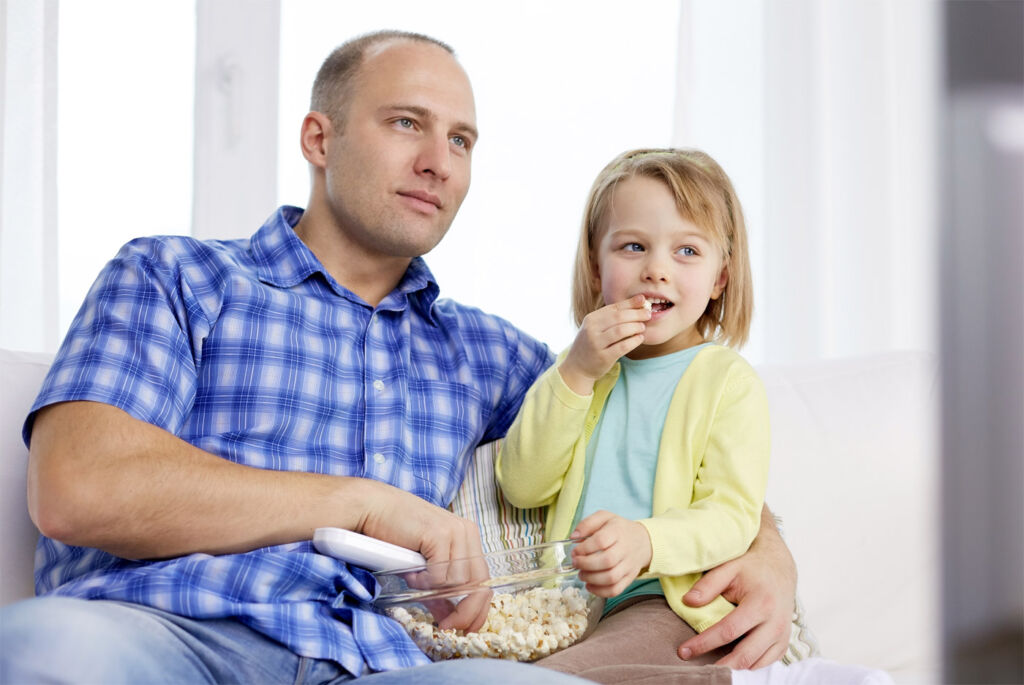
For fathers, being a role model means demonstrating qualities such as respect, responsibility, kindness, and resilience in their daily lives. It’s about showing children how to navigate challenges, form healthy relationships, and contribute positively to the world.
The Role Model Deficit: Understanding the Problem
According to the Centre for Social Justice, in the UK, an estimated 2.4 million children grow up without a father figure. The impact of this absence is profound: children without active and positive paternal involvement are more likely to face mental health issues, struggle academically, and engage in criminal activity.
For boys, in particular, the absence of a father figure often leaves a void in understanding how to navigate manhood.
Fathers themselves aren’t immune to the consequences of this deficit. Many men who didn’t grow up with role models find themselves lacking the confidence or knowledge to step into that role for their own children. This cycle of absent fatherhood can perpetuate generational struggles, particularly in communities facing economic hardship.
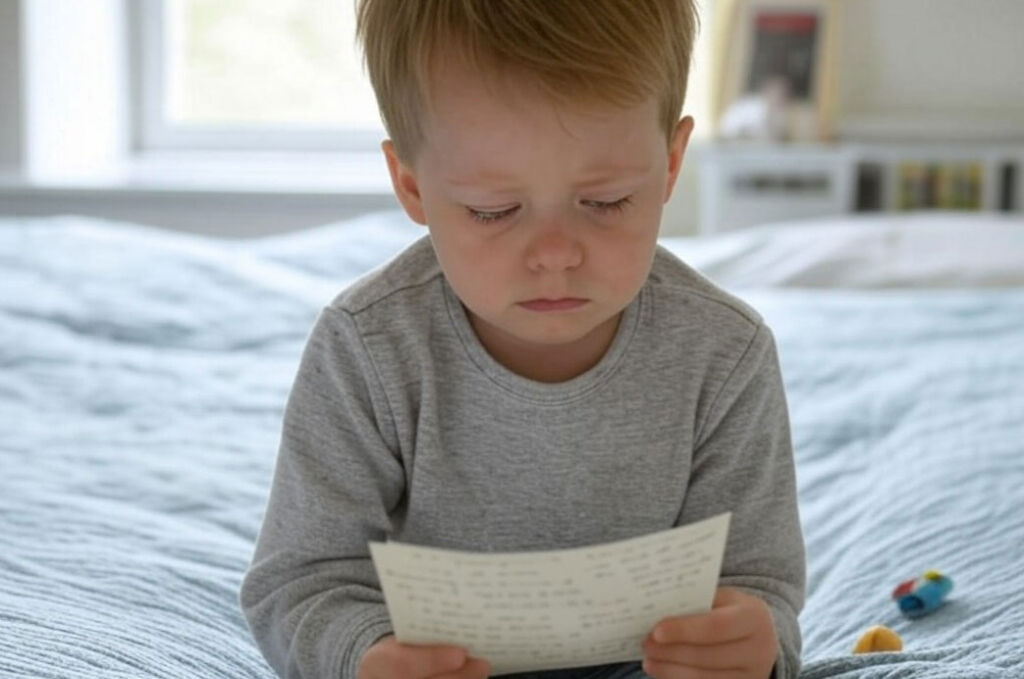
The Impact of Incarceration
For fathers who have been incarcerated, the challenges are even greater. The UK prison population hovers around 80,000, with an estimated 95% of prisoners being male. Studies suggest that up to 40% of prisoners are fathers, meaning tens of thousands of children have a parent behind bars.
Children of incarcerated parents are five to six times more likely to enter the criminal justice system themselves. For fathers returning to society, re-establishing connections with their children and becoming a positive influence can be an uphill battle, compounded by societal stigma and limited access to resources.

Breaking the Cycle: How to be a Role Model
If you’ve never had a role model, stepping into the role of one may feel overwhelming. But with determination, support, and the right tools, it’s entirely possible to break the cycle and create a positive legacy for your children.
1. Focus on Presence, not Perfection
Being a role model doesn’t mean being perfect. Children benefit most from a father who is consistently present, both physically and emotionally. We often think it’s the big things, holidays, expensive gifts, and grand gestures that children remember. But more often, it’s the small, consistent actions that have the longest-lasting impact. Showing up to school plays, helping with homework, or simply keeping your word creates memories that children cherish for a lifetime.
Tip: Set aside regular one-on-one time with your child, whether it’s reading together, playing a game, or simply talking about their day. Being reliable and consistent builds trust and a sense of security.
2. Acknowledge Your Past and Commit to Growth
If you’ve faced challenges, such as incarceration or a lack of positive examples growing up, acknowledge those experiences, but don’t let them define your future. Use them as motivation to break the cycle for your children.
Tip: Share age-appropriate stories about your past struggles and what you’ve learned. This honesty can inspire resilience and teach your children about the value of growth.
3. Learn What You Don’t Know
If you feel unprepared for fatherhood, seek resources and education. Parenting classes, books, and online courses can help fill gaps in your knowledge about child development, communication, and discipline.
Programmes like the UK’s Fathers Inside have shown that providing incarcerated fathers with parenting education reduces reoffending rates and improves family relationships.
4. Be a Positive Example
Children watch what you do more than they listen to what you say. Demonstrate qualities like respect, responsibility, and kindness in your daily actions.
Tip: Model healthy behaviours, such as managing stress constructively, maintaining a strong work ethic, and treating others with respect.
5. Build a Support Network
Fatherhood isn’t a solo journey. Surround yourself with supportive people, family members, friends, or community groups who can provide guidance and encouragement.
Tip: Join local fatherhood support groups or community initiatives that focus on strengthening family relationships. These groups can offer practical advice and a sense of camaraderie.
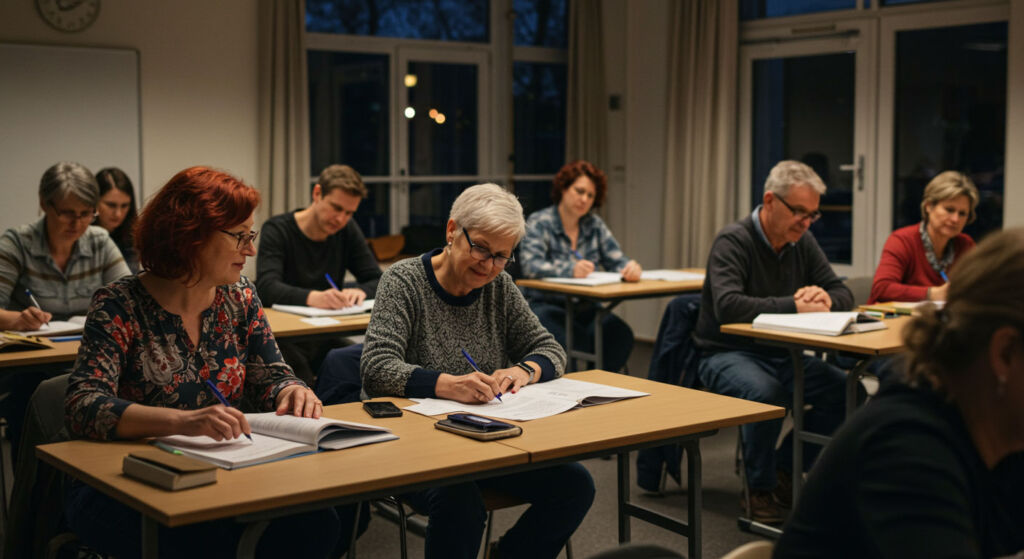
The Importance of Tools and Support
For many fathers, particularly those from disadvantaged backgrounds, the lack of access to tools and resources can be a significant barrier to being a positive role model. Addressing these gaps is essential.
Access to Education and Training
Education and skills training are critical for fathers who want to improve their circumstances and set an example for their children. Programmes aimed at upskilling fathers, whether through vocational training, financial literacy, or parenting classes, can have a transformative impact.
Emotional and Mental Health Support
Men are often reluctant to seek help for mental health challenges, but addressing these issues is key to being a supportive father. Anxiety, depression, and unresolved trauma can hinder a father’s ability to connect with his children.
Tip: Utilise mental health resources, such as counselling or support groups, to address emotional challenges. Many organisations offer free or low-cost services tailored to fathers.
Community Resources
Organisations like the Prison Reform Trust and Barnardo’s provide resources specifically designed to support fathers in reconnecting with their families post-incarceration. Additionally, initiatives like the Clink Charity offer vocational training to help fathers secure stable employment, which is crucial for family stability.
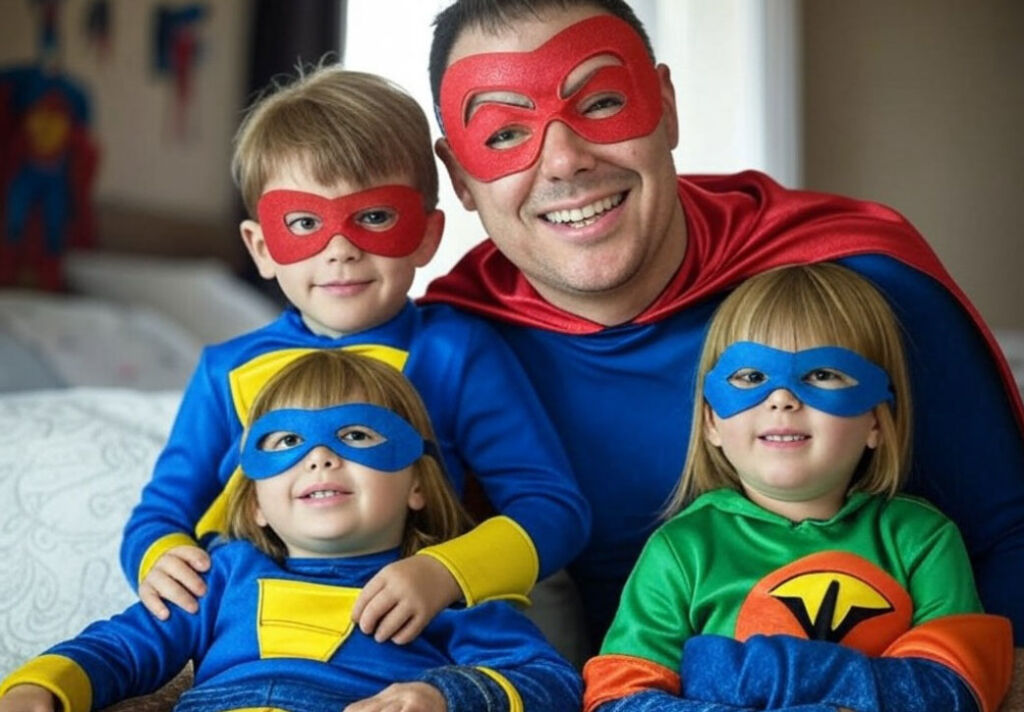
The Ripple Effect: The Impact of Positive Fatherhood
When fathers step into their role as positive role models, the effects ripple out far beyond their immediate family. Studies show that children with involved fathers are:
- 43% more likely to earn better grades in school.
- 50% less likely to abuse drugs or alcohol.
- 75% less likely to have a child in their teenage years.
For fathers who were previously incarcerated, the benefits are equally significant. Rebuilding family relationships has been shown to reduce recidivism rates while also providing children with a stable, loving environment that mitigates the risks associated with parental absence.
Tips for Organisations Supporting Fathers
To break the cycle of absent fatherhood and promote positive role models, organisations can play a key role:
1. Offer parenting workshops: Equip fathers with the skills they need to connect with and support their children.
2. Create mentorship opportunities: Pair fathers with mentors who can provide guidance and encouragement.
3. Advocate for policy change: Push for policies that support family connections, such as facilitating visitation for incarcerated fathers and offering paid paternity leave.
4. Focus on reintegration support: help fathers transition back into society by providing job training, housing assistance, and mental health services.
Conclusion: Redefining Fatherhood, One Role Model at a Time
Becoming a role model when you’ve never had one is undoubtedly challenging, but it’s also one of the most impactful things a father can do. By committing to presence, growth, and learning, fathers can break generational cycles and inspire their children to reach their full potential.
For fathers who feel they’ve made mistakes, it’s important to remember that change is always possible. With the right tools, support, and determination, fathers can not only transform their own lives but also create a brighter future for their children.
Fatherhood is a journey, not a destination. And even if you’ve never had a map, it’s never too late to find a new course.
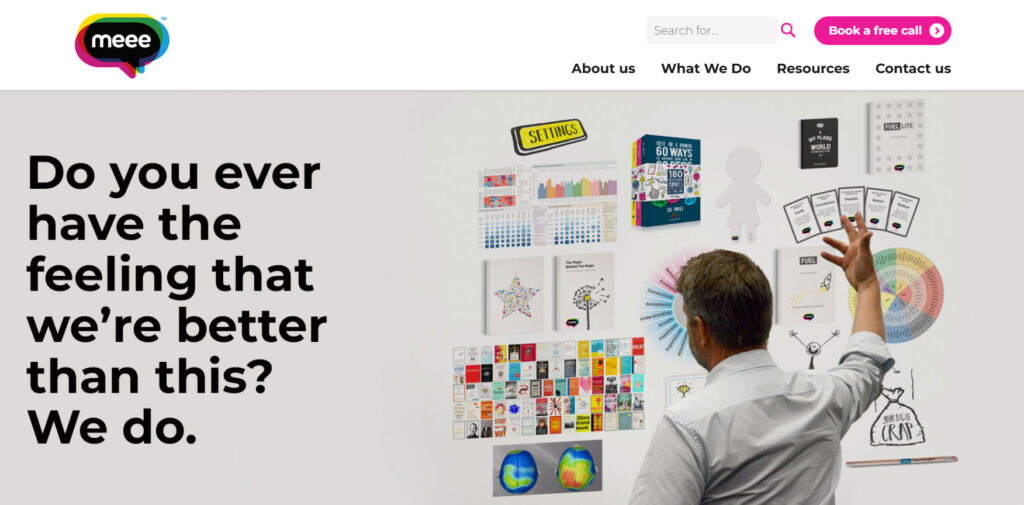
Meee in a Single Parent Minute: Navigating Parenthood at 61
Becoming a single parent at 61 was not the life I imagined, but it has been one of the most transformative experiences of my life. Since April 2020, I have been raising three young children, navigating the unique challenges and joys that come with this unexpected journey.
Life’s curveballs taught me resilience. From a childhood shaped by trauma and the loss of my father to battling PTSD, failed relationships, and even a near-fatal illness, my past has been marked by struggle. But these experiences do not define me; instead, they have pushed me to grow and find purpose in the present.
Parenthood has reminded me that it’s often the small moments that matter most. While we may think children remember grand gestures like holidays or expensive gifts, what truly stays with them are the little things: showing up consistently, keeping promises, and sharing time together. Each evening, my children and I bond over stories, games, or quiet chats, and these routines have become our foundational anchors.
The journey hasn’t been without its challenges, building connections as a single dad in a new community, managing a business, and balancing mental health, but it has taught me invaluable lessons. I’ve learned to take life one minute at a time, finding joy in small victories and focusing on creating a safe, loving environment for my kids.
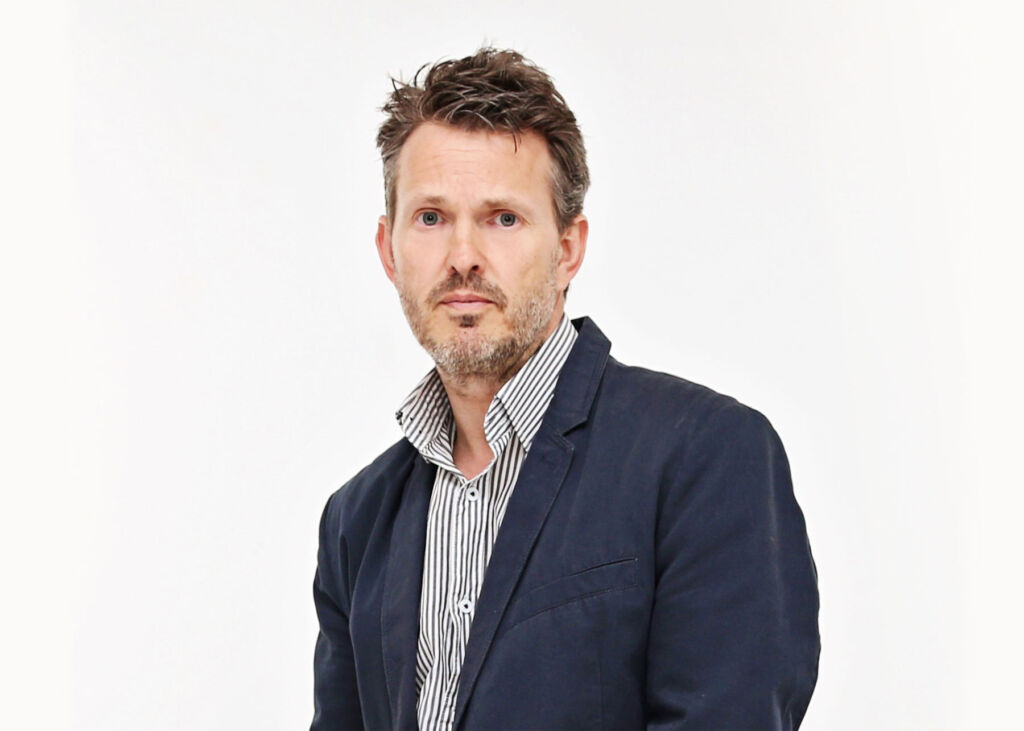
About the Author
Sid Madge is the founder of Meee and the creator of the Counting on Confidence programme, designed to inspire the belief that education and learning are essential for a more fulfilling and positive life. Sid is also the author of the Meee in a Minute series of books, offering 60 simple, actionable ways to transform your life, work, or family life in just 60 seconds.

![]()

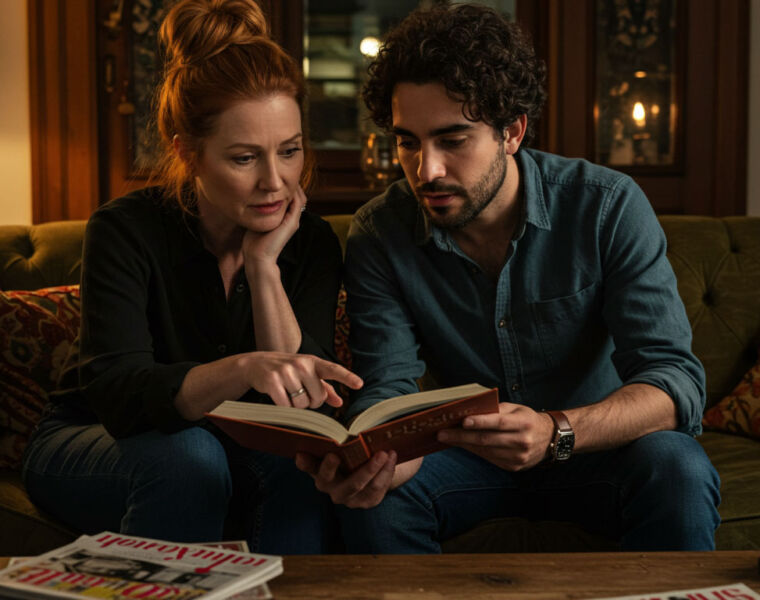

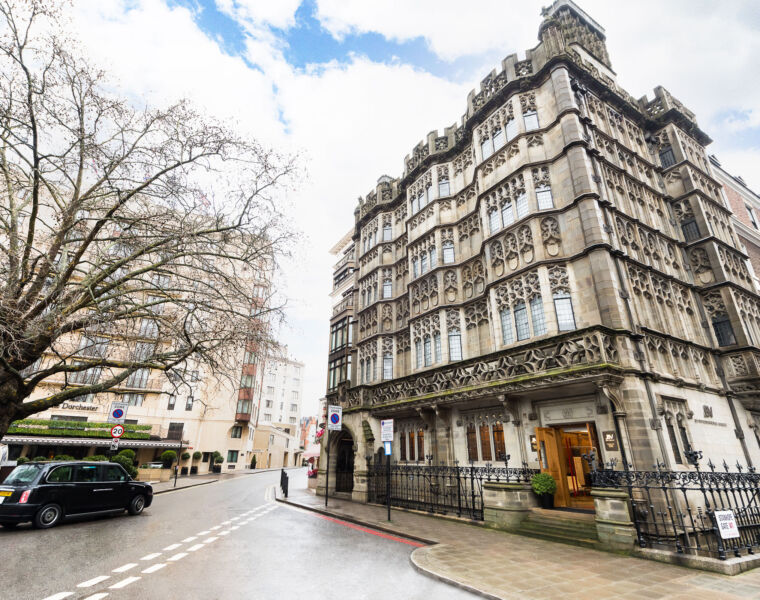
You must be logged in to post a comment.